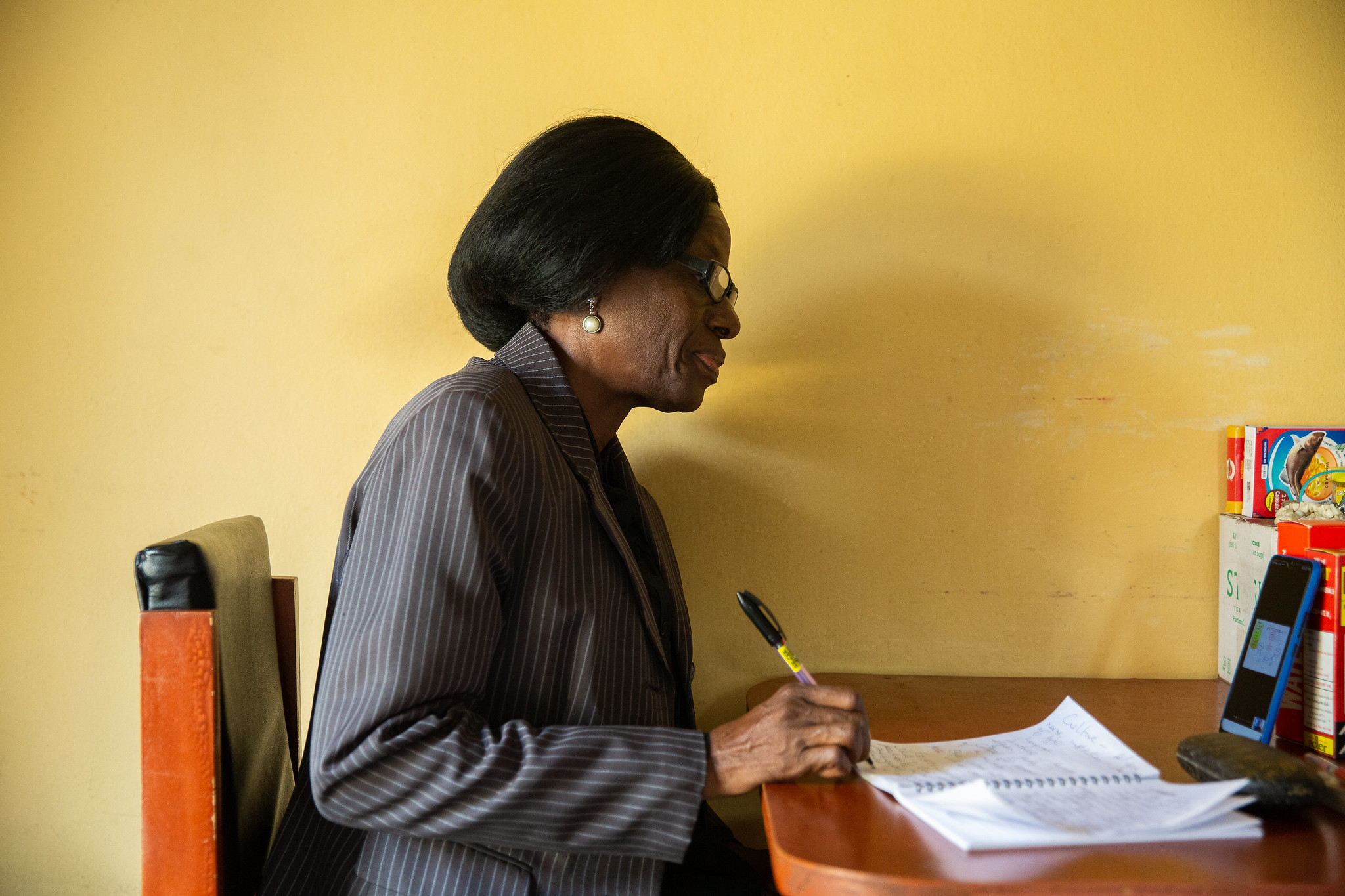By Wendy Teleki, Head of the We-Fi Secretariat
The path to recovery from the COVID-19 crisis remains treacherous. Recognizing the urgency, We-Fi has been pressing forward with our Implementing Partners (IPs) – all of whom have now started ramping up activities around the globe. We-Fi now has active projects in 39 countries, the majority of which are in Africa. The IPs are working with over 70 local, regional and global partners on activities that have already benefited thousands of WSMEs, with many more to be reached in the coming months.

We-Fi allocations accumulated to close to 300 million USD and about 65% will be dedicated to entrepreneurs in in low-income (IDA-eligible) countries and countries affected by fragility and conflict. As the We-Fi programs continue to roll-out, it is expected that more than 60 countries will benefit from We-Fi-funded activities, benefit close to 130,000 WSMEs and leverage US$3 billion in private and public funds.
Whereas we look back at promising We-Fi results despite the challenging circumstances, we should not lose sight of the unprecedented and uncertain times we live in. Just last week the World Bank published new poverty projections suggesting that by 2021 an additional 110 to 150 million people fall into absolute poverty (living of less than 1.90 USD a day). Officials warn that this crisis has created many simultaneous recessions, and it could lead to a lost decade characterized by weak growth, a collapse in many health and education systems, and a new round of sovereign-debt crises. It will undoubtedly have a further impact on women entrepreneurs in developing economies around the world.
Amidst these somber prospects, it is uplifting to witness initiatives that try to bring positive change for women entrepreneurs in a novel and refreshing way. I was recently a member of an expert panel reviewing submissions for the Alliance Hack, organized by the Financial Alliance for Women (FAW), one of the first initiatives aimed at motivating fintech firms to focus on the women’s market. Among a group of 13 short-listed teams, three creative firms received honorable mentions. The award for best ‘female economy fintech’ went to TymeGlobal from South Africa for their package approach to solving the significant barriers to finance faced by women entrepreneurs. While much is needed structurally, economically and politically to achieve a sustainable recovery from the COVID-19 crisis, it is inspiring to see these enterprises investing in women to accelerate their financial independence and support their resiliency.

